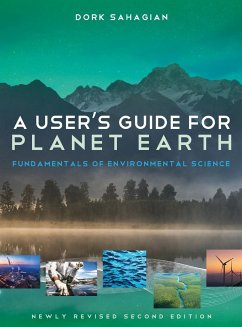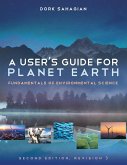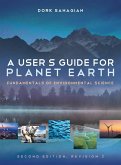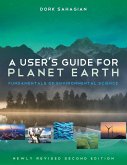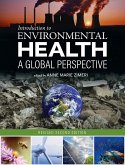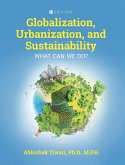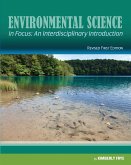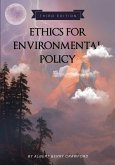A User's Guide for Planet Earth: Fundamentals of Environmental Science provides students with an exploration of the fundamental components of Earth's environmental systems, their interactions, and the way society affects and is affected by alterations in climate, ecosystems, hydrology, and various additional factors. The text distills essential environmental science concepts into an easy-to-understand and highly digestible textbook. The book begins by exploring several key background issues that lay the foundation for understanding the processes and drivers that control the behavior of the environment. It then delves into the main environmental systems of ecosystems, biogeochemical cycles, water, agriculture, oceans, human health, energy, and climate, culminating in a discussion of the Earth system. Students develop a fundamental understanding of how environmental processes are influenced by and can influence humans and broader society. In the newly revised second edition, population statistics, figures, captions, and research regarding global warming temperatures and carbon dioxide have been updated. In addition, figure captions, images, boxed features, and chapter openings have been edited and refined throughout. A User's Guide for Planet Earth is written for introductory environmental science courses. The clear, concise style of the text helps students grasp critical concepts without any prerequisite requirements.

